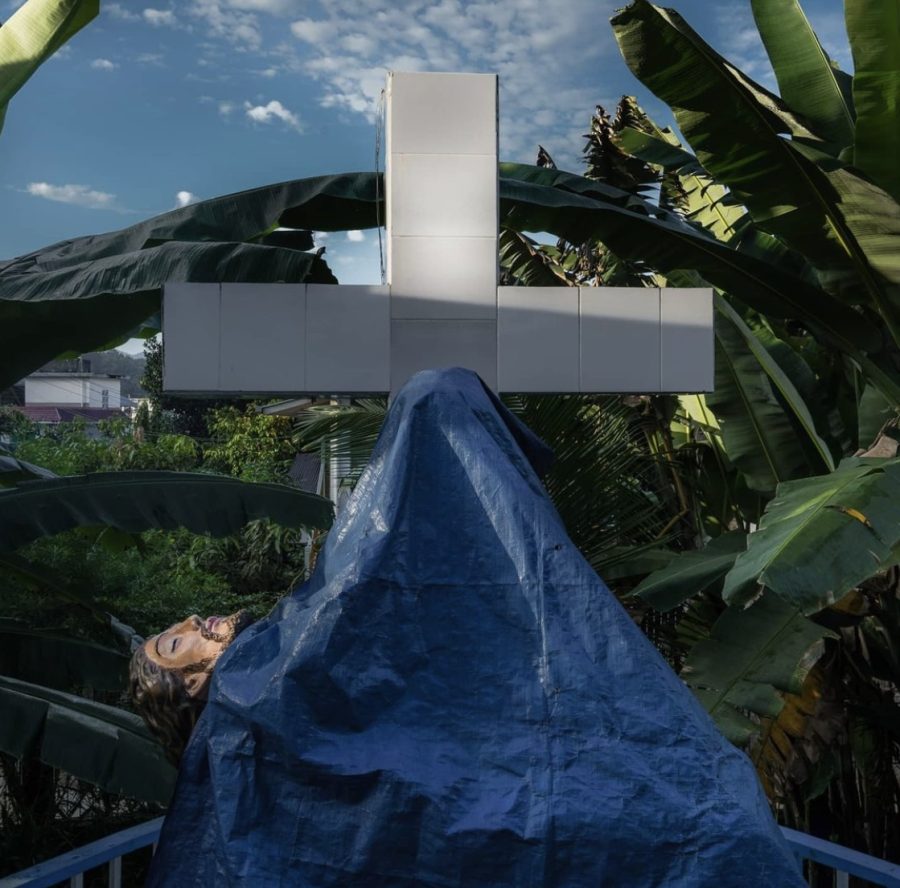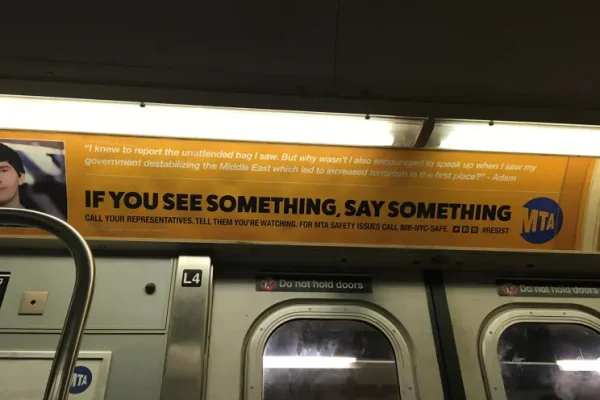Post-Pandemic American Churches Face Uncertain Futures
On Christmas Eve, I went to Mass with my family, one of the first times during the COVID-19 pandemic. As I listened to the familiar carols, I looked around at how empty the church was compared to previous Christmas Masses. At first, I dismissed this smaller attendance as one of the many changes from the pandemic. However, upon further reflection, I realized that this change was inevitable, and I wondered if the church I had attended for so long would shut down.
Church closures in the U.S. will lead to both negative and positive changes in religious practice. Like me, many Americans have stopped going to church, and research indicates that the pandemic is a factor in the increasing number of Protestant church closures.
However, there has also been a decreasing number of Americans who consider themselves Christian, which was at 90% in 1972 and 64% in 2020. Even before the pandemic in 2017, young adults and teenagers stopped attending church for diverse reasons, which included adjustment to life changes such as college, fear of judgment from other church members and disagreement with the church’s opinions on political issues. Each of these reasons indicates the changes that could occur if more churches shut down.
The first change is less time and enthusiasm for individuals to practice their faith, especially for college students. For me, attending church became monotonous before the pandemic. The pandemic gave me an excuse to stop going, and online broadcasts of Masses seemed tedious given how I spent hours of my day on remote learning. I figured that once places started gradually reopening, I would return to church with my family.
Then, I moved four hours away from home and had to create a new life away from my family and friends. New routines require months of perfecting as you struggle to balance schoolwork and leisure time. These changes are amplified when you start college at the height of a global pandemic. Despite my first-year dorm’s location next to the Fordham University Church and the option to watch live broadcasts of Masses, attending church was the last thing on my mind. When I could have prayed to God for comfort, I chose to isolate myself and for the first time in my life, my faith was not a priority. While my lack of attendance at church seemed inevitable, I will not deny that the limitations of the pandemic made it more likely. The pandemic gave me a taste of what will occur if more local churches shut down: religious practice becomes less important in daily lives and routines.
Second, increasing church closures could lead to a lack of religious unity. On the one hand, closing down churches would make meeting others passionate about their faith more difficult. On the other hand, people who form relationships with each other based on their faith may have more difficulty doing so if their local church shuts down. Churches can be a way to find people with similar interests within religion, so lacking a social space can make it more challenging to connect with local communities.
On the positive side, this lack of religious unity could be significant for learning about and accepting other religions. Despite remaining steadfast in my Christian beliefs, many of my closest friends in my high school belonged to other religions or were atheists, so we never bonded through similar religious beliefs. However, I learned more about their faiths (or lack thereof), and I gained a new perspective of the different experiences of religion. This experience could also be important for those who are unaffiliated with religion, who, according to the Pew Research Center, may still believe in God and partake in religious practices. Those who are not part of a specific religious institution would want more flexibility to learn about and accept other faiths while retaining one’s own. While that flexibility does not necessitate the shutdown of churches, there may be more opportunities to engage in other religions and spiritualities if it is more difficult to go to a nearby church.
This leads to the third effect, which I believe will become more important in the future: politics. These past few years have seen monumental political changes, the most prominent one being the overturning of Roe v. Wade. Christian leaders either supported or opposed the decision, but regardless of these stances, Americans expressed their discontent with religion. Many Catholic churches were vandalized across the U.S. as a form of protest towards Catholicism’s stance toward abortion. It is no surprise that religion can play a significant role in influencing political opinions. Without the option of attending church, there could be a change in how much individuals allow their religious beliefs to influence political opinions. They will not allow their religion to become the sole factor for a political belief. Conversely, religions and churches have evolved over the years to accommodate for political and social changes, but they will not have that chance if they shut down. Churches need to realize that young people will make or break their religion’s future, and ignoring the issues will only make communities more discontent with religion.
I do not think that religion will stop being important. Despite my lack of enthusiasm for attending church, I still believe in God. I empathize with those who will no longer have a place to go for worship because their local church shut down. While I believe that churches will always have an important place in Americans’ lives, this increased number of church closures is not only a result of the pandemic. It is a sign of social change in America, and whether or not churches can adapt to these changes will make or break their future.
Nora Leach, FCRH ‘24, is an English and American Studies major from Groton, Mass.













































































































































































































